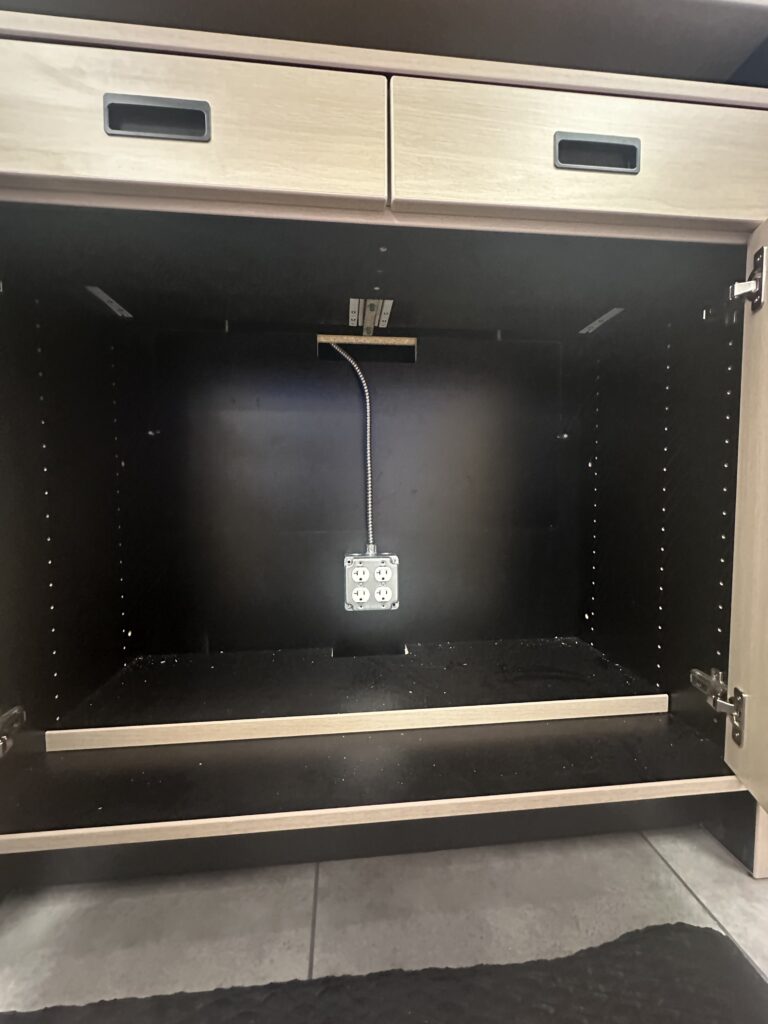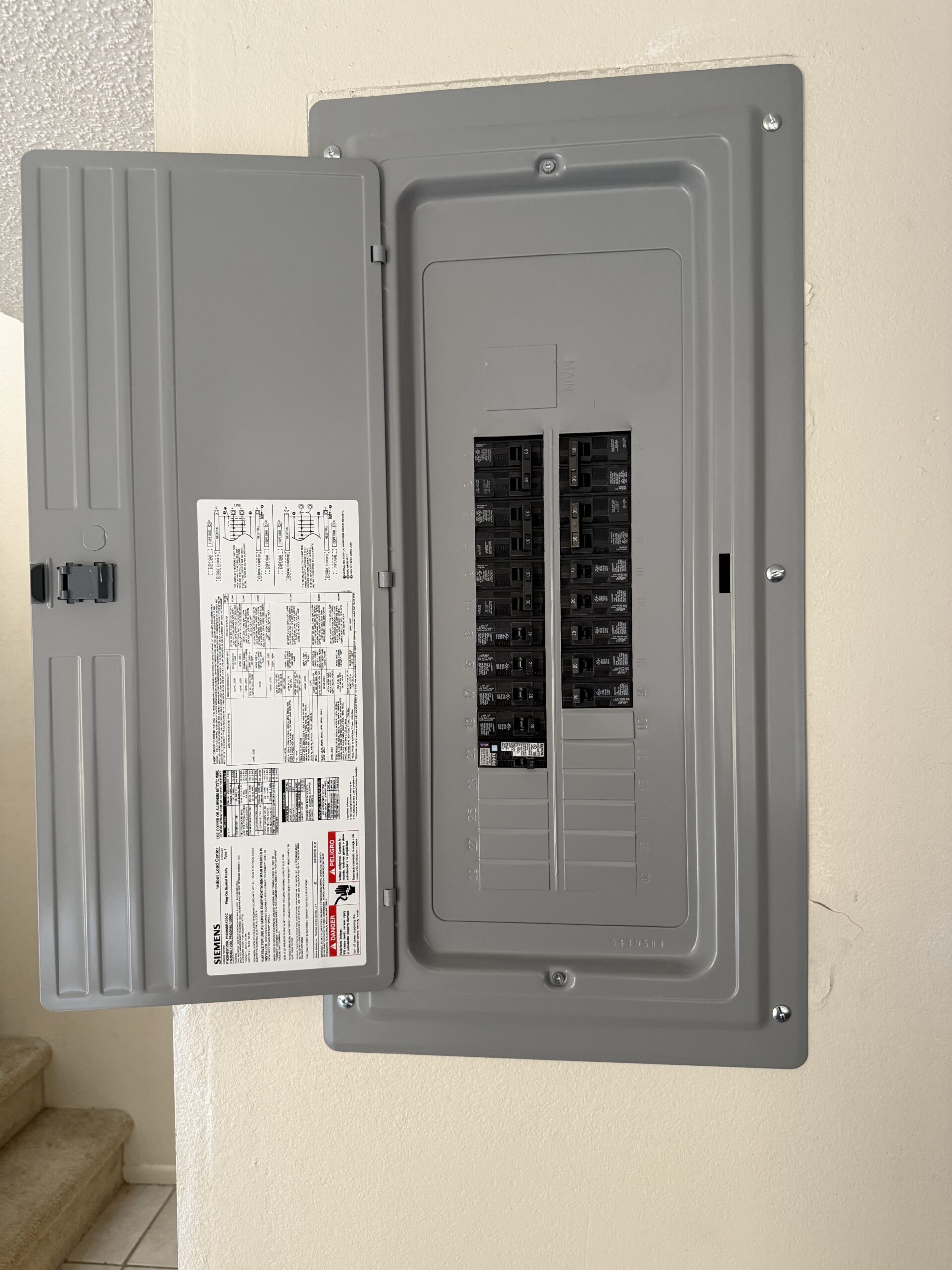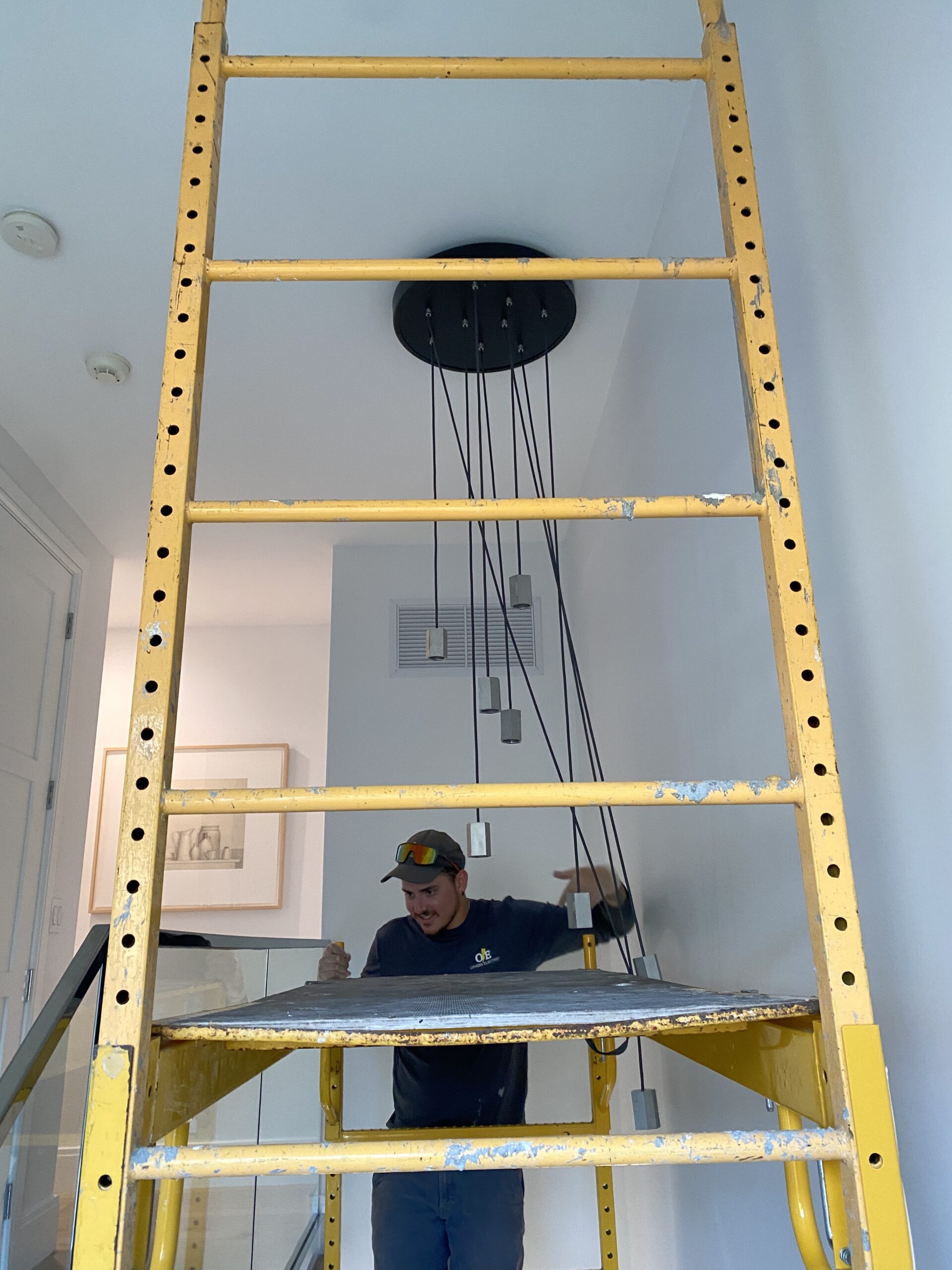When it comes to materials used in electrical wiring and conductivity, copper is the material that most people think of first. You might wonder does aluminum conduct electricity. However, aluminum also plays a significant role in the world of electrical systems and applications. Aluminum has been widely used in various industries for its many benefits, including being lightweight, durable, and relatively inexpensive compared to other metals. But one of the most common questions asked about aluminum is whether it can conduct electricity. This article explores aluminum’s electrical conductivity, its properties, and its uses in electrical systems.

What is Electrical Conductivity?
Before diving into aluminum’s ability to conduct electricity, it’s essential to understand what electrical conductivity is. Electrical conductivity refers to the ability of a material to allow the flow of electric current. Materials that conduct electricity well, such as metals, are called conductors. Conductors have free electrons that move easily through the material when an electrical potential (voltage) is applied. The better the material is at allowing this flow of electrons, the better conductor it is.
Conversely, materials that do not conduct electricity are called insulators. Insulators have tightly bound electrons that are not free to move, preventing the flow of electricity. Common insulators include rubber, plastic, and glass.
Aluminum’s Conductivity
Aluminum is, indeed, a conductor of electricity. Like most metals, it has free electrons in its atomic structure, which allows it to conduct electricity. However, aluminum’s conductivity is not as high as that of copper, which is the most commonly used material for electrical conductors. While copper has a conductivity rating of 100%, aluminum’s conductivity is typically about 61% of copper’s. This means that, for the same size wire, aluminum will conduct less electricity than copper. Despite this, aluminum is still widely used in electrical systems due to its other advantageous properties.

Why is Aluminum Used in Electrical Systems?
Aluminum is used in electrical wiring and systems for several reasons, despite its lower conductivity when compared to copper. Here are a few of the main benefits:
1. Lightweight and Strong
One of the primary reasons aluminum is used in electrical systems is its light weight. Aluminum is approximately one-third the weight of copper, which makes it easier to transport and install. This is particularly advantageous in large-scale electrical systems, such as power lines, where reducing weight can lead to cost savings and increased efficiency. Aluminum’s strength and resistance to corrosion also make it suitable for outdoor applications, such as overhead power lines.
2. Cost-Effective
Aluminum is significantly less expensive than copper. The lower cost of aluminum makes it an attractive option for certain applications, particularly where large amounts of material are needed. For example, aluminum is commonly used in power transmission lines, where the weight-to-cost ratio is an important factor. While copper is more conductive, aluminum can still meet the needs of most electrical applications, particularly when combined with other properties such as lighter weight and lower cost.
3. Corrosion Resistance
Aluminum is naturally resistant to corrosion due to the formation of an oxide layer on its surface when exposed to air. This oxide layer protects the underlying metal from further corrosion. In contrast, copper can corrode over time, especially when exposed to moisture or other elements, which can affect its performance as a conductor. The corrosion resistance of aluminum makes it ideal for long-term outdoor and industrial applications.
4. Malleability and Flexibility
Aluminum is a relatively soft metal, making it easy to shape and form into wire or other components. It is also flexible, which allows it to be bent or twisted into various configurations without breaking. This property makes aluminum particularly useful in electrical wiring applications, where wires may need to be routed through tight spaces or around obstacles.

Types of Aluminum Wiring
Aluminum wiring is typically found in two forms: solid and stranded. Both types have their applications, and the choice between them depends on the specific requirements of the electrical system.
1. Solid Aluminum Wire
Solid aluminum wire is a single, continuous strand of aluminum. This type of wire is often used in applications where a continuous length of wire is needed, such as in electrical distribution systems or for long-distance power transmission. Solid aluminum wire can carry large amounts of electricity, and when properly sized, it can meet the needs of most electrical systems.
2. Stranded Aluminum Wire
Stranded aluminum wire consists of multiple smaller strands of aluminum twisted or braided together. Stranded wire is more flexible and easier to work with than solid wire, making it ideal for residential and commercial electrical applications where the wire needs to be bent or maneuvered into place. Stranded aluminum wire is often used in residential wiring, such as in service entrance cables or in certain appliance wiring.

How Does Aluminum Compare to Copper in Electrical Wiring?
When comparing aluminum and copper in terms of electrical conductivity, it’s clear that copper outperforms aluminum. However, aluminum has several advantages that make it an excellent choice in certain situations.
Conductivity
As mentioned earlier, copper has a conductivity rating of 100%, while aluminum’s conductivity is about 61%. This means that a copper wire will carry more electricity than an aluminum wire of the same size. As a result, aluminum wire may need to be thicker than copper wire to carry the same amount of current over the same distance.
Cost
Aluminum is significantly less expensive than copper. The price of copper can fluctuate due to supply and demand factors, but it is typically more expensive than aluminum. This cost difference makes aluminum an attractive option for larger electrical systems, such as power transmission lines, where the cost of copper would be prohibitive.
Weight
Aluminum is much lighter than copper. This is a significant advantage in large-scale electrical systems, such as those used in power distribution and transmission. The reduced weight of aluminum wire makes it easier to install, particularly in overhead lines, where the weight of copper wire can be a major concern.
Corrosion Resistance
Aluminum is more resistant to corrosion than copper. This makes it ideal for outdoor and industrial applications, where exposure to the elements can cause copper wire to deteriorate over time. The natural oxide layer that forms on aluminum helps protect the metal from corrosion and extends the life of the wire.

Challenges of Using Aluminum in Electrical Wiring
While aluminum offers several advantages in terms of cost, weight, and corrosion resistance, there are a few challenges associated with its use in electrical systems.
1. Connection Issues
Aluminum wire has a higher coefficient of expansion and contraction compared to copper, which can cause issues at the connections. Over time, this expansion and contraction can lead to loose connections, which could result in overheating, sparking, and potentially electrical fires. To address this, special connectors and installation techniques must be used when working with aluminum wire.
2. Oxidation at Connections
Aluminum can form an oxide layer on its surface when exposed to air, which is a protective mechanism. However, this oxide layer can also cause issues at electrical connections, as it is a poor conductor of electricity. When aluminum wire is connected to terminals or other components, the oxide layer can interfere with the electrical connection, leading to increased resistance and potential overheating. To mitigate this, aluminum wire is often coated with an anti-oxidant compound, and special care must be taken during installation.

Conclusion
Aluminum is an effective conductor of electricity and offers several advantages, such as lower cost, reduced weight, and resistance to corrosion. While it is not as conductive as copper, aluminum’s unique properties make it a popular choice for many electrical applications, particularly in power transmission, residential wiring, and industrial systems. By understanding how aluminum compares to other materials and considering factors such as cost, weight, and conductivity, individuals and businesses can make informed decisions about whether aluminum wiring is the right choice for their needs.
Though there are challenges associated with using aluminum in electrical systems, such as connection issues and oxidation at terminals, these can be mitigated with proper installation and maintenance techniques. As long as precautions are taken, aluminum continues to be a reliable, cost-effective option for electrical wiring.








